How many of us want to lose weight without having to give up our favourite foods or exerting too much effort? No points for guessing "nearly everyone" as the correct answer. We attempt numerous workout programmes and nutrition plans in our haste to lose weight, concentrating mostly on limiting fat intake and burning calories. However, despite our best efforts (many of which are half-hearted due to our insatiable need for delicious food), we usually achieve only minimal progress before abandoning the plan and switching to another routine, another diet.
The fight against the bulge is not easy to win, and as a result, many individuals skip meals or give up foods they like, such as sweets. It's rather common for someone on a diet to feel unsatiated, hungry, or even tired owing to consuming bland food. However, with the appropriate diet plan, you may not only lose weight rapidly, but you can do it without missing meals or eating bland food, and without jeopardising your physical power.
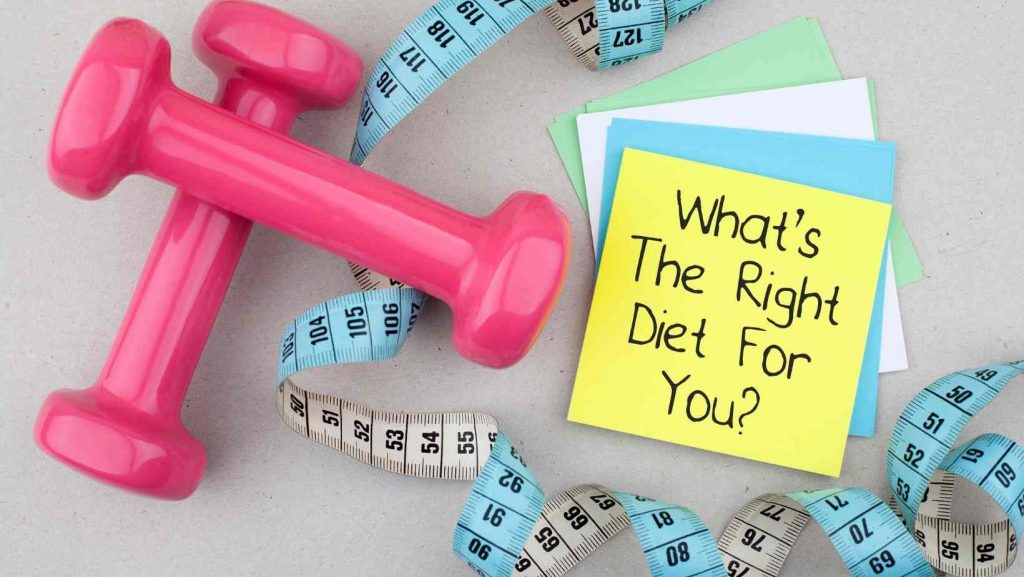
Low-carb, high-protein diets like Paleo and Atkins come into play here. These diets are related to ketogenic or "keto" diets and are quite popular. A real keto diet, on the other hand, relies on fat rather than protein to fuel the body.
How does the ketogenic diet work?
Sugar (glucose) derived from carbs (such as grains, legumes, vegetables, and fruits) is the primary energy source for the human body. The keto diet, on the other hand, emphasises consuming more fat calories while drastically limiting carbohydrate intake.
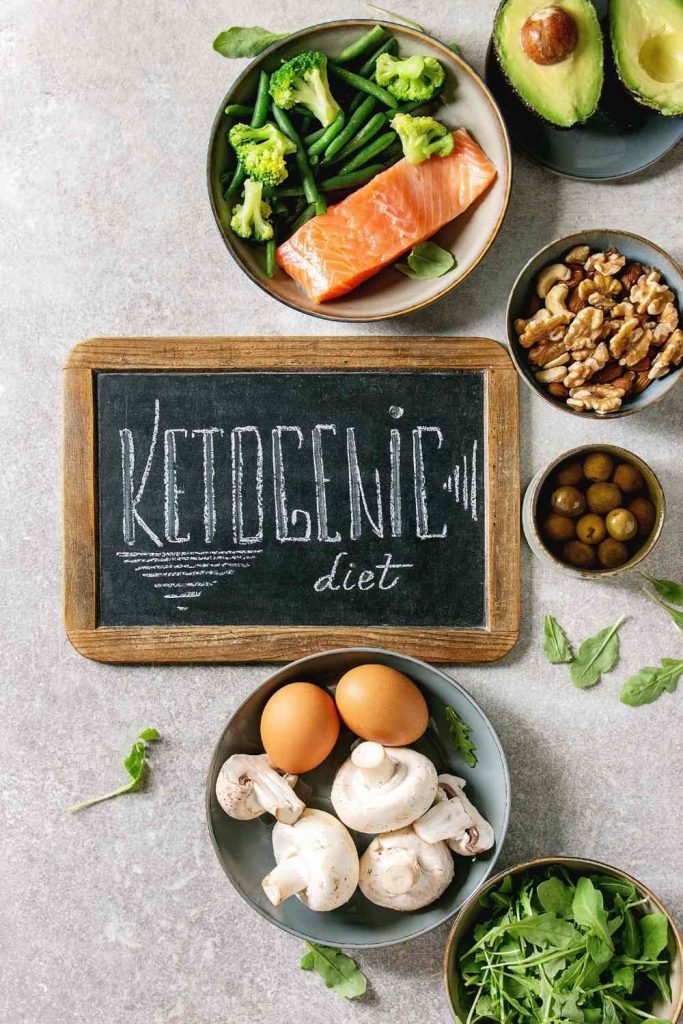
The keto diet depends mainly on fat to provide as much as 90% of your daily calories by reducing carbohydrates to only 50 grammes per day. Your body enters ketosis after a few days of following the diet. Ketosis is a natural metabolic state in which the body burns fat for the majority of its energy. When your body runs out of carbohydrates to burn for energy, it begins to break down stored fat into molecules called ketones, which it then releases into the circulation to produce energy.
read also: A Guide To Low-Carb & Keto Diet Cheating
Blood sugar, which originates from carbs, is preferred by most cells as the body's primary source of energy. Simply said, the keto diet compels your body to use a new sort of fuel, resulting in weight loss via fat burning.
The Advantages of the Keto Diet
A keto diet helps individuals lose considerable weight in as little as 10 days by using the body's inherent fat-burning mechanism. That is quicker than any other diet that has been discovered so far. According to research, persons who follow a keto diet with extremely minimal carbohydrates lose weight quicker than those who follow a more standard low-fat diet or even a Mediterranean diet. People begin to lose weight within two to four days after beginning the programme. However, since ketones are used, it is a very customised procedure that varies from person to person.
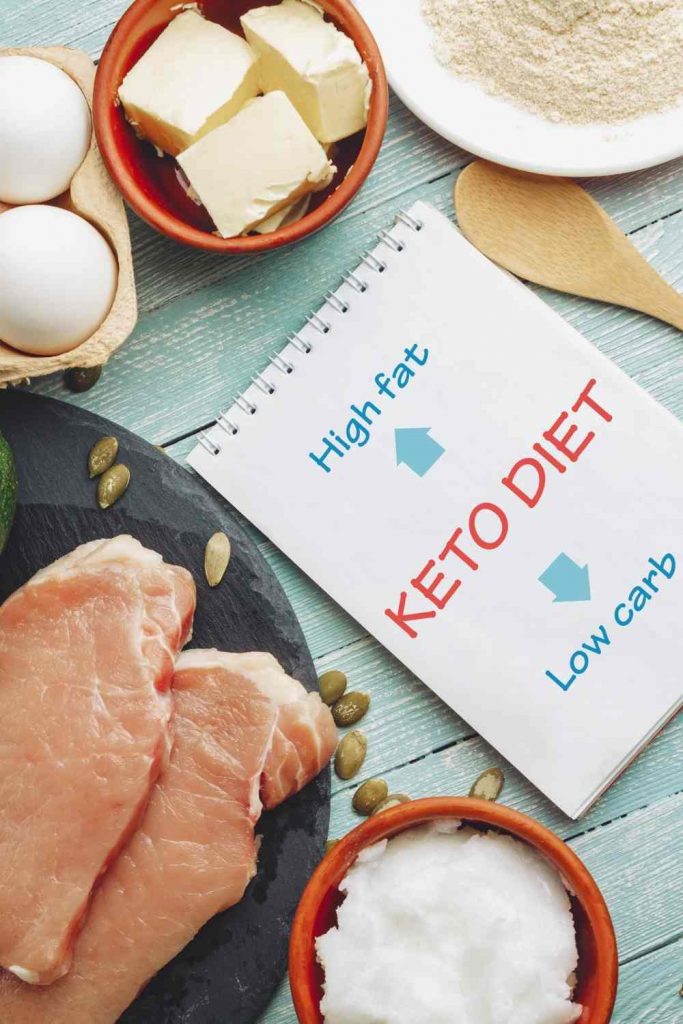
In the short term, a ketogenic diet has been found to improve blood sugar management in people with type 2 diabetes. A low-carb keto diet is beneficial to people with type 2 diabetes since it not only helps them lose weight but also improves their insulin sensitivity. Parkinson's sufferers have been reported to benefit from a ketogenic diet. Acne-prone children might also benefit from this treatment on a daily basis.
Furthermore, there is enough scientific data to show that a ketogenic diet helps children with seizures. It has been discovered to be very successful with children who have refractory epilepsy, yet doctors are unsure how it works. In reality, the ketogenic diet has been used to treat epilepsy since the 1920s - more than a century ago!
Is a ketogenic diet healthy?
First and foremost, the keto diet does not force you to go hungry in order to lose weight, nor does it force you to consume unappealing foods in order to lose weight. It simply modifies your meals to minimise carbohydrates while still giving enough nourishment and energy to your body.
The keto diet calls for individuals to consume fat at every meal, with a daily 2,000-calorie diet including 175 grammes of fat, 75 grammes of protein, and as little as 40 grammes of carbohydrates. Apart from being tantalisingly tasty, the keto diet also helps you retain muscle and lowers hunger pains by making you feel satisfied.
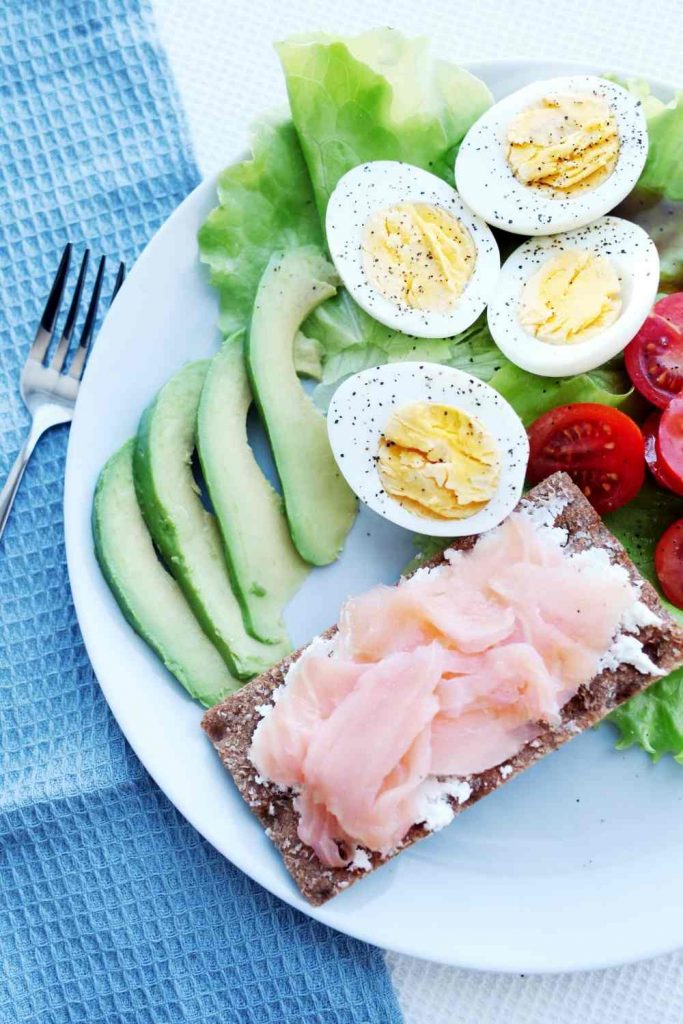
More celebrities are publicly applauding the diet's weight-loss advantages, and Vanessa Hudgens recently revealed that she follows it while sharing a keto-friendly "fat bomb" snack on her Instagram account. Halle Berry is another of the numerous celebrity supporters of the ketogenic diet, who swears by it for weight loss and diabetes control and routinely publishes her favourite keto-friendly meals and recipes on her Instagram page.
read also: Fast-Food Options For Keto Or Low Carb
So, what exactly are you allowed to eat?
The ketogenic diet really encourages individuals to eat in accordance with their hunger. Meat, fish, eggs, butter, cheese, oils, nuts, seeds, avocados, and fibrous vegetables are all on the keto diet list, which is rather extensive and high in proteins and fats. Saturated fats from oils (coconut, palm) and butter, in fact, are an important element of the diet.
But what about carbohydrates-rich fruits and vegetables? Is it possible to consume them on a ketogenic diet? Yes, but you must exercise some restraint there. While some fruits (typically berries) are permitted, they must be consumed in moderate quantities. Cauliflower, broccoli, mushrooms, onions, garlic, cucumber, leafy greens like spinach, asparagus, and bell peppers are among the vegetables that are restricted, but there is still a vast range to pick from.
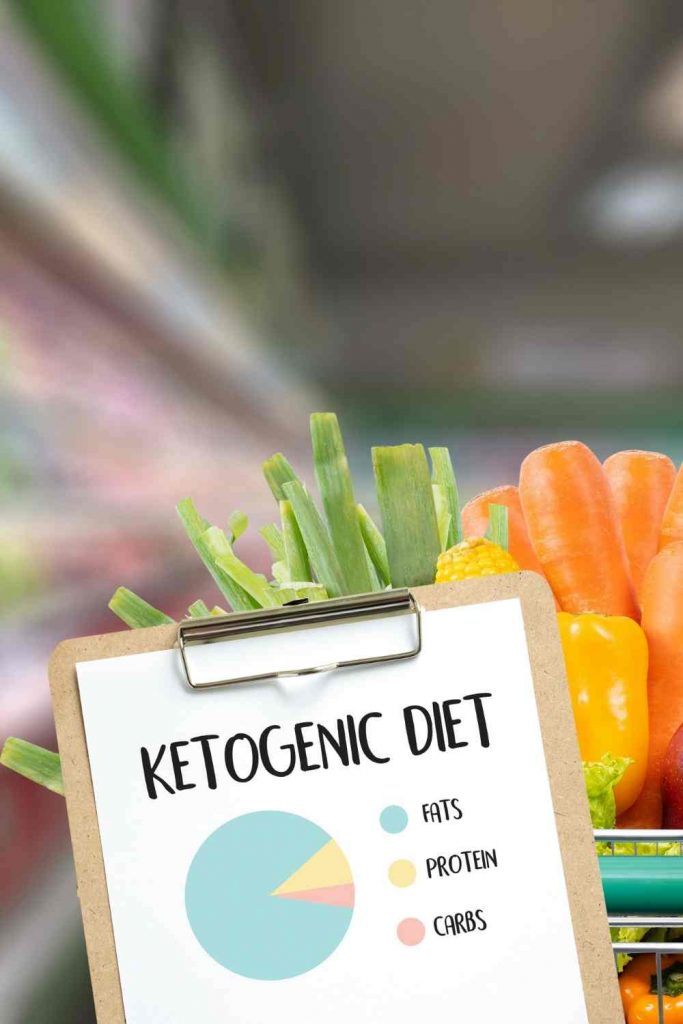
It may seem difficult to create a keto diet when it comes to Indian food, which is high in carbs. An Indian keto diet meal plan, on the other hand, might contain a range of low-carbohydrate foods that work well with the keto diet. Cottage cheese (paneer), gramme flour (besan), white butter, fish, chicken, and vegetables such as bottle gourd (ghiya), round gourd (tinda), brinjal (baigan), beetroots (shaljam), and spinach (palak) are all nutrient-dense keto meals that assist in weight reduction.
So, remember that fat is always welcome on a keto diet, particularly a healthy Indian keto diet! You must consume fats such as coconut oil, olive oil, ghee, butter, cheese, paneer, fish, lamb, eggs, and chicken. The vegetables that contain starch (such as potatoes) should be avoided since they are high in carbohydrates. Almonds, walnuts, cashews, sunflower seeds, pumpkin seeds, and flaxseeds are all fantastic companions when it comes to reducing weight. Fruits, no matter how juicy or enticing, should be avoided since they are high in sugar. On ketofy.in, you'll discover a wide variety of really delicious Indian keto cuisine items.
The keto diet, unlike most others, is not deprivation-based and is really very crave-worthy. "You may eat as much stuff as you want," Halle Berry herself says. You're not allowed to eat the baked potato."
read also: How To Follow A Healthy Vegetarian Keto Diet
Can keto be harmful to your health?
One apparent issue that individuals who want to reduce weight have is their general well-being while on a diet. So, although the keto diet is a fantastic strategy to reduce weight, it is also crucial to understand if it is safe.

Even while it is a fun and tasty way to lose weight, the keto diet, like other diets, has its drawbacks. The most significant is that it may be difficult to stick to for some people since it is high in red meat and other fatties, processed, salty foods that are notoriously unhealthy.
It's also heavy in saturated fats, which has been linked to a rise in "bad" LDL cholesterol, which may contribute to heart disease over time. Also, although the keto diet does not induce muscle loss, it is not suggested for those looking to bulk up.
Other dangers associated with the keto diet include:
- Nutrient deficiency: Vegetables, fruits, and grains micronutrients, including selenium, magnesium, phosphorus, and vitamins B and vitamin C. Nutrient deficits may occur if you don't consume a broad range of fruits and vegetables.
- Irritability and mood swings: Because of the way our bodies are wired, our brain need sugar from carbs to operate properly. Because the keto diet deprives our bodies of carbohydrates, it may induce disorientation, irritation, and irritability in some individuals.
- Constipation: Fibrous meals, which aid our metabolism, are scarce on the keto diet. Constipation may be caused by a lack of dietary components such as grains and beans in our diet.
- Kidney issues: The kidneys aid in the absorption and processing of protein, and a high-protein keto diet may overburden them, producing complications.
- Problems with the liver: The liver, being the biggest gland in the human body, conducts approximately 500 important processes. One of them is fat metabolization, which makes digestion simpler. With so much fat to break down, a keto diet might exacerbate any underlying liver problems.
Overall, different individuals respond to the keto diet in various ways. What works brilliantly for one person may not work as well for another. Before beginning the keto diet, you should speak with a doctor or a nutritionist to ensure that you are prepared and on the proper track.




